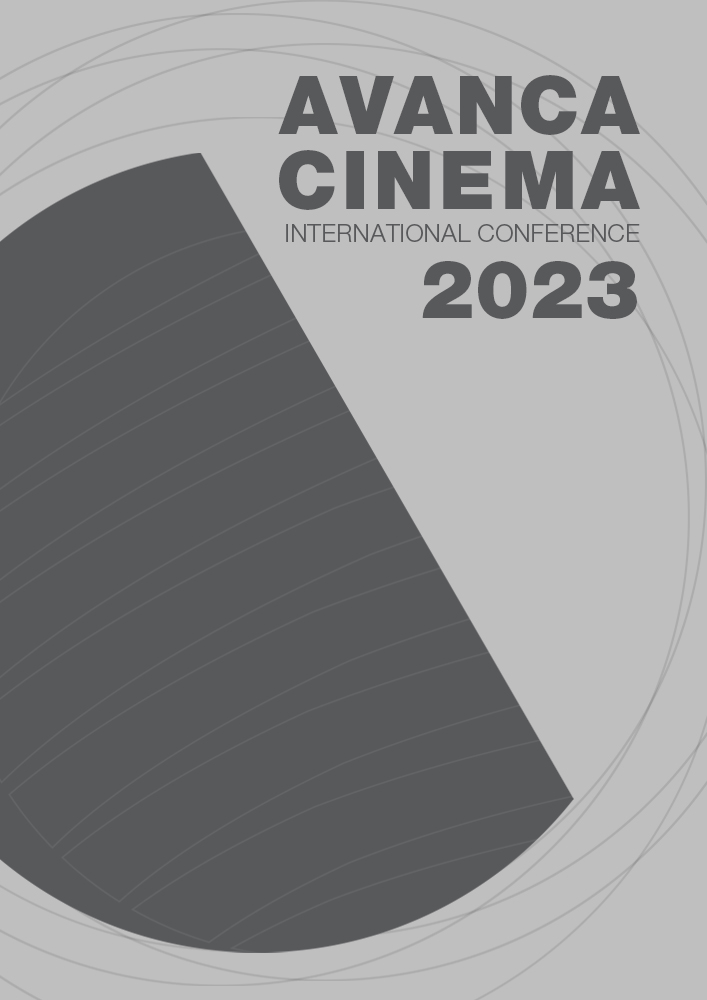Capítulo IV _ Cinema - Tecnologia
Videogames as Interactive Cinema - New Perspectives
Resumo
The concept of interactive cinema has been explored in depth since the first incipient manifestations of (non-interactive) cinema. If our first attempts at creating interactive experiences out of narrative, linear film objects have been notoriously clunky and awkward, with the birth of videogames new attempts have been made, bringing fresh ideas and possibilities unto the table. Interactive works that include films as objects are common today. However, interactive cinema as a concept appears to have been abandoned.
Cinema continues to be largely non interactive, this dimension seemingly relegated to videogames, apps and websites.
We consider that some videogames can be considered interactive cinema. The Last of Us is an example that set the trend of mostly linear, narrative games. Other games have explored this model, achieving better and worse results. We propose that these games could be categorized as interactive cinema.
In this paper we aim to continue an exploration of this idea - that there can be interesting, elegantly implemented creations we can name interactive cinema - distinguishing them from video games. We analyze two video games in this light, ‘Pentiment and Everything, trying to understand how they relate to, and differ from, classic cinema and the classic video game experience. We will also discuss the exhibition “Mundos Paralelos” (Parallel Worlds), on display at the the 25th edition of the Avanca Film Festival, to understand the cinematic characteristics of the artworks presented. We conclude by proposing that, perhaps, closed categories might not serve us when creating new objects, and that hybridization is beneficial, creative, and should occur.
Referências

Este trabalho encontra-se publicado com a Licença Internacional Creative Commons Atribuição 4.0.

